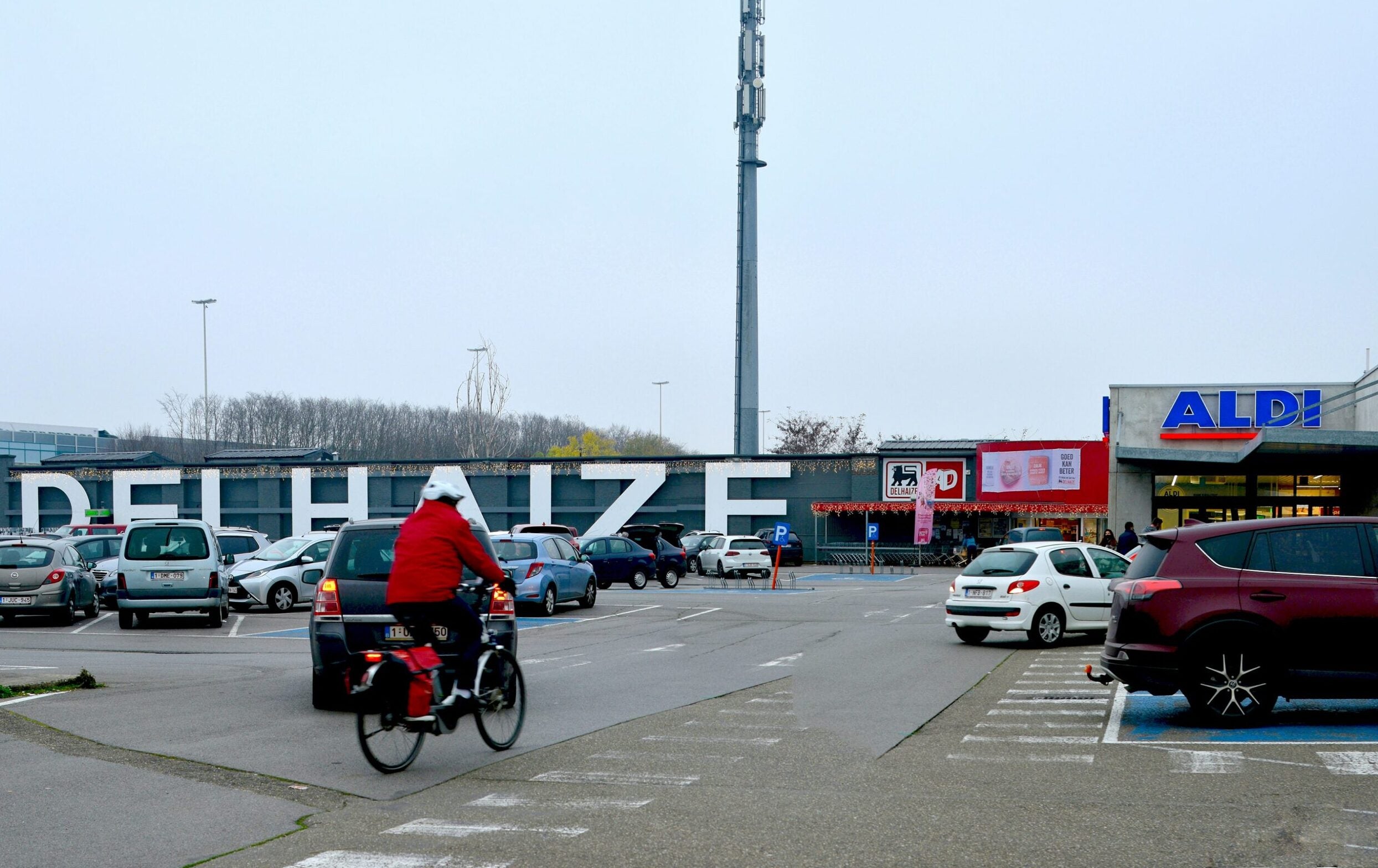
Half of Belgium’s food manufacturers have seen their supply chains hit by the impact of the war in Ukraine, with four in ten warning they may have to cut or stop production in the coming weeks.
A survey conducted by Fevia, the organisation that represents food manufacturers in Belgium, has painted a gloomy picture of the sector’s short-term prospects as a result of Russia’s invasion of Ukraine.

Discover B2B Marketing That Performs
Combine business intelligence and editorial excellence to reach engaged professionals across 36 leading media platforms.
The trade body pointed to the threat of shortages of raw materials and costs “that have reached record levels”.
“European refineries of vegetable oils get 35% to 45% of their sunflower oil from Ukraine. Producers of, among other things, prepared potato products and vegetables, ready-made meals, margarines and minarines, sauces, chocolate spread, cereals and patisserie, but also of medical and baby food, are now looking for alternatives in a hurry, which are of course also a lot more expensive,” Fevia explained.
The organisation said its members had had to deal with a scarcity of raw materials and rising costs due to the Covid-19 pandemic but “the sector seemed to recover economically” in 2021.
However, it added: “The war in Ukraine is working like a fire accelerator and makes it hardly profitable for 30% of food companies to continue producing.”

US Tariffs are shifting - will you react or anticipate?
Don’t let policy changes catch you off guard. Stay proactive with real-time data and expert analysis.
By GlobalDataCanvassing 700 members, the survey also showed 70% of respondents have had to change the composition of products or will have to do so soon.
Fevia has asked the country’s government for support and for consumers to be flexible to keep the food chain running.
Its chairman Anthony Botelberge said: “Our companies will do everything they can to continue to guarantee food supplies, as they did during the pandemic. We are a resilient sector, but in these exceptional circumstances, our companies need the support and flexibility.”
If food companies can’t pass on inflationary costs, it “will hardly be profitable for them continue producing”, Botelberge added. The Fevia survey revealed 9% of Belgian food companies had reduced their production in recent weeks.
Soaring energy prices are a major problem, Fevia said its survey showed. The organisation found half of the food companies it represents saw their electricity bills at least double in one year and 37% saw their gas bills triple. Fevia has called on Belgium to take temporary measures in addition to structural measures to temper the energy bills of Belgian food companies.
A shortage of raw materials and packaging is also having an impact. “Manufacturers of bread and bakery products, pasta and biscuit manufacturers, who use flour and flour as an ingredient, are also feeling the consequences of reduced wheat exports from Russia and Ukraine. But there are also shortages for other ingredients, such as linseed oil, honey and egg products, for Belgian producers. Even for packaging such as glass bottles and jars, there is a risk of scarcity,” Fevia said.
It is asked the Belgian governments to temporarily deviate from the strict application of labelling legislation. “In this way, food companies can quickly use alternative raw materials and ingredients to compensate for shortages, of course with respect for food safety,” it said.
Fevia CEO Bart Buysse said: “This crisis is a stress test for the entire food chain. All chain partners also recognise this. In these extremely difficult circumstances, we can only get through it together.”





